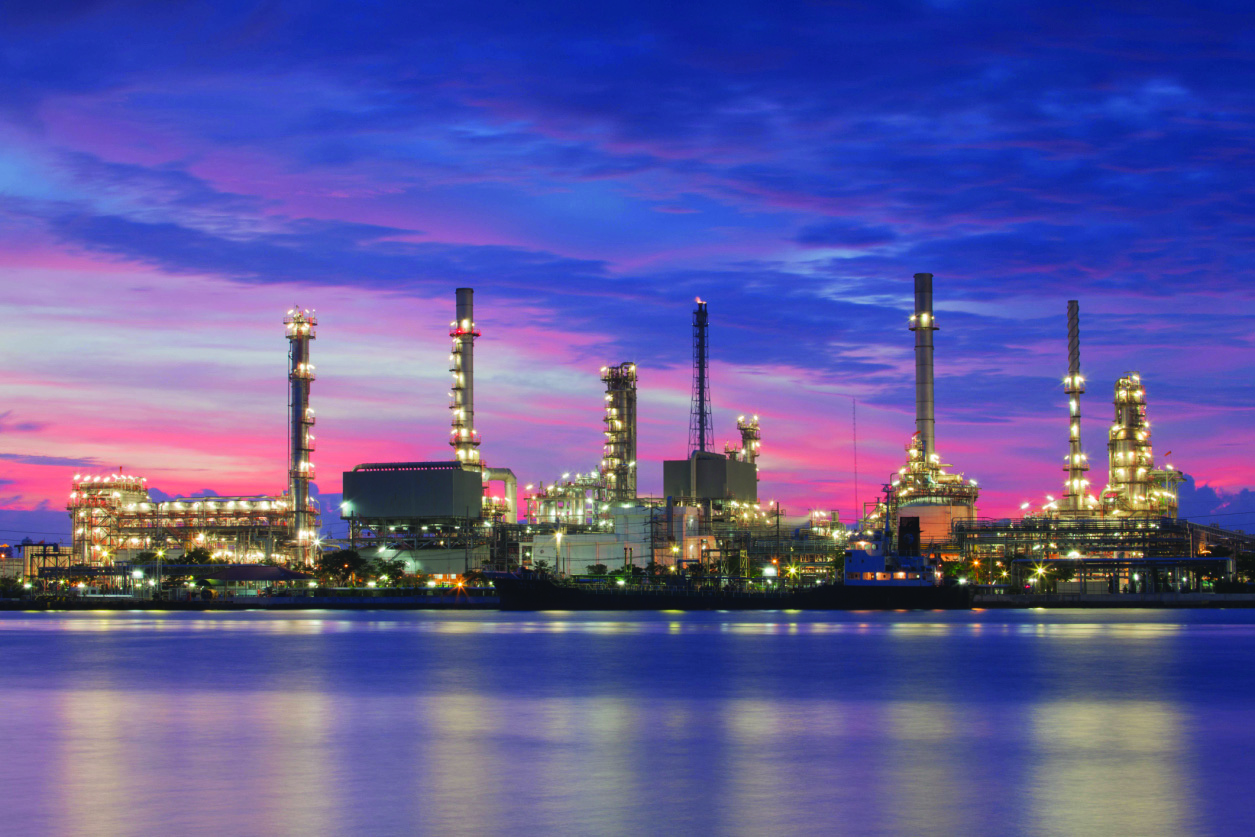Transportation is central to our economies and essential for our way of life. Every day, billions of people and tonnes of goods move by Road, Rail, Air, and Water. Yet transportation has consequences: Congestion, Pollution, CO2 emissions, and a massive burden on State budgets to maintain and improve our transportation infrastructure.
Due to a wave of new technologies, funding pressures, and an evolution in where and how we live and work, we are experiencing the beginnings of a major shift in mobility. How the future will play out is uncertain, but the implications for all stakeholders will be significant. Today, our transportation systems are on the cusp of unprecedented change. First, our physical transport infrastructure is seeing the deployment of new sensors that support safety, maintenance, and real-time communication with vehicles of all kinds. These smart technology advancements will redefine how we interact with the infrastructure around us and how we develop the vehicles and pathways that move both people and goods.
Second, the way we power vehicles is being transformed. Innovations range from electric vehicles, already increasingly the norm, to even more radical ideas as seen in Sweden. There, officials are experimenting with electrified roads and highways that, if deployed at scale, could dramatically reduce the environmental impacts of freight transport and serve as a model for others around the globe.
Finally, we are seeing experiments that integrate new infrastructure technologies, new power approaches, and new vehicles all in one. Hyper loop technology proponents, for example, promise an end-to-end transportation revolution in how we move, what we move, and what we’re sitting in when we move.

